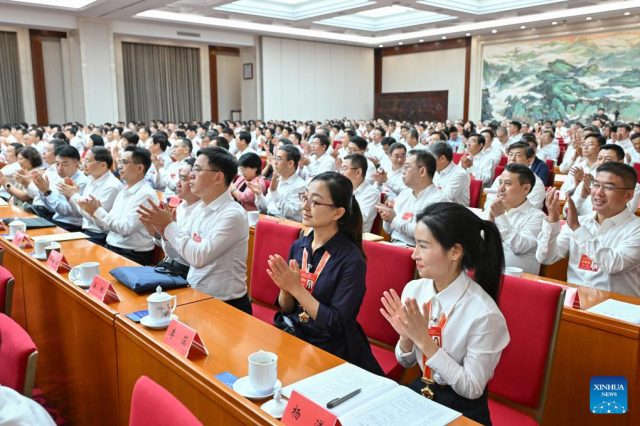A new guideline, jointly issued by central government offices last Sunday, outlines a comprehensive reform of doctoral education in China. The document stresses the importance of creating a world-class education system with distinctly Chinese characteristics, capable of producing the strategic talent needed to support national innovation goals and technological self-reliance.
The plan calls for optimizing academic disciplines and majors to better align with national priorities. It emphasizes enhancing degree programs in science, engineering, agriculture, medicine, and emerging interdisciplinary fields, while also increasing the proportion of professional doctoral degrees.
To improve the overall quality of education, the guideline recommends reforms in enrollment management and the diversification of educational pathways. It also stresses the importance of strengthening ideological and political education, building high-caliber teaching teams, and promoting international cooperation and exchange.
This push for educational reform coincides with a period of high graduate unemployment. A recent job fair at Huaibei Normal University in Anhui Province highlighted the competitive job market, with over 180 companies offering 10,000 positions to new graduates. The country expects to see 11.79 million college graduates in 2024, an increase of 210,000 from the previous year.
By implementing these changes, China aims to create a more responsive and innovative doctoral education system that can better meet the country's evolving needs for high-level talent across various strategic sectors. The reforms are expected to play a crucial role in supporting China's ambitions to become a major talent center and innovation hub, while also achieving greater self-reliance in science and technology.
As the plan unfolds, it will likely have significant implications for the future of China's research capabilities and its position in the global knowledge economy. The success of these reforms could shape the country's ability to address complex challenges and drive innovation in the coming decades.
Copyright ⓒ Aju Press All rights reserved.




